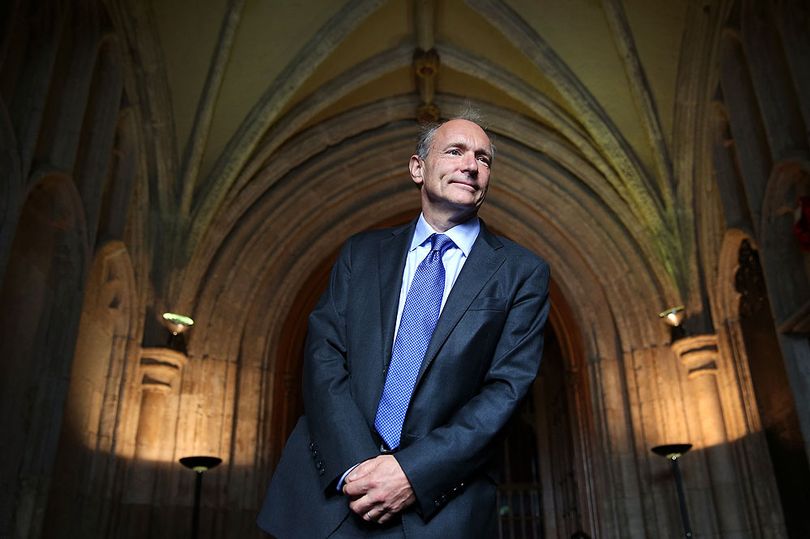×
The Standard e-Paper
Stay Informed, Even Offline

Tim Berners-Lee has suggested that large tech firms may need to be broken up in the future. Speaking about big US companies he suggested that we would need to improve regulation to keep up.
In an interview with Reuters Berners-Lee said “What naturally happens is you end up with one company dominating the field so through history there is no alternative to really coming in and breaking things up. There is a danger of concentration.”







